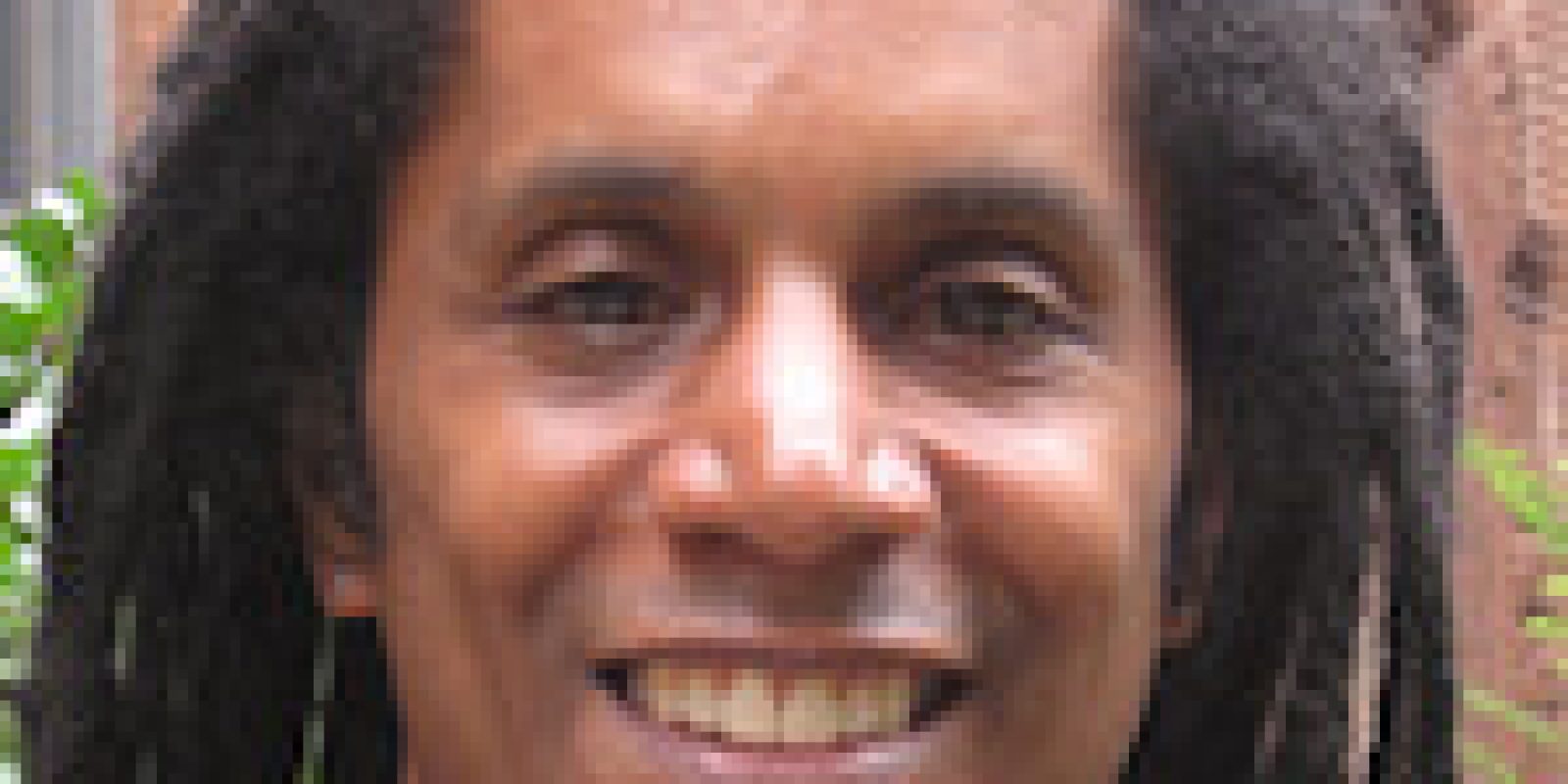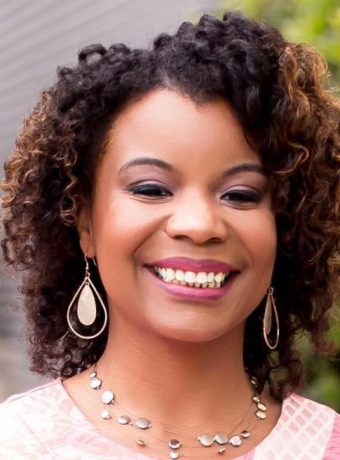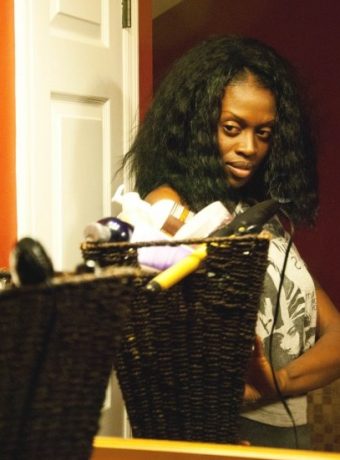Tales of Hair, Manhood and Social Justice. When I was first asked to consider writing a column on hair from my perspective as a man and activist, I was ambivalent. C’mon. Hair? Okay, I admit that beyond the role it plays in style and fashion, hair is fertile ground for commentary. There are few places where black people carry as much psychological baggage and cultural wealth as in their hair. From the multi-billion dollar black hair industry, to the drama that is played out every day in black women’s lives as they negotiate their hair texture, it’s certainly no secret that hair profoundly shapes racial identity and gender politics.

Mark Winston Griffith
Kinky Brother
Tales of Hair, Manhood and Social Justice – December 2010
When I was first asked to consider writing a column on hair from my perspective as a man and activist, I was ambivalent. C’mon. Hair?
Okay, I admit that beyond the role it plays in style and fashion, hair is fertile ground for commentary. There are few places where black people carry as much psychological baggage and cultural wealth as in their hair. From the multi-billion dollar black hair industry, to the drama that is played out every day in black women’s lives as they negotiate their hair texture, it’s certainly no secret that hair profoundly shapes racial identity and gender politics.
And it’s because relatively few black men know what it is like to, say, sit in a chair for hours and have foreign products introduced into their hair, or have been faced with the social benefits and consequences of going “natural”, we can make pithy observations about women and their hair from an emotional distance, like Chris Rock does in the tragically comic movie, Good Hair. It’s safe to say that our hair lives are easier than those of our sisters – even if we are complicit in enforcing the standards of beauty by which women are held.
But at the end of the day, we’re still talking about hair. And straight black men are not supposed to spend too much time contemplating their own, much less devote an entire column to it.
Fortunately, the easiest way to get me to do something is to tell me I shouldn’t.
The truth is, hair is a fascinating, complicated, and largely unexamined subject among straight black men precisely because we’re supposed to have less narcissistic, more important, and …manlier issues in this world to consider. Men of African descent already have an exaggerated code of masculinity to live by, and, as a result, a narrowly prescribed masculinity road to walk, one that you can easily veer off of by primping too much towards pretty, visiting a hair solon, or talking about hair with as much enthusiasm and conviction as, say, national politics or last Sunday’s football game.
And yet, hair undeniably helps define a black man’s place in the world. The bible, through the story of Sampson, advises men that our virility is mystically enshrined in our hair. Iconic figures like Frederick Douglas, Bob Marley, Don King, Al Sharpton, Michael Jackson, and Tupac communicated almost as much about politics, manhood and racial consciousness through their hair as they did through their words and deeds.
My own hair story is one lived loudly. There I am, in a faded snap shot, barely a week old, with long tendrils gathering in the middle of my head and reaching towards the sky. And there in the corner, in my 5th grade class picture, you can spot a little boy with a ridiculously plaid shirt, platform shoes and an afro that out Michael Jackson’d everyone else’s. And following my senior year in college, after a semester taking over university buildings and sticking it to the man, I refused to comb my hair at all, letting my tangled strands project my struggles against the status quo.
And for the past twenty years I’ve been wearing dreadlocks.
And yet I’ve seldom talked to anyone about how my locks are received in white collar America, or say, middle class Jamaica. I’ve never reflected on the history of defiant hair, creativity and political resistance embodied by men in my family. Rarely will you hear me discuss how I tap into my spirituality through my hair. And never have I asked my friends, peers or colleagues how their hair has shaped their own personal and professional lives.
I image there are countless revelations, continuously growing out of the scalps of black men, that have never been told. This column will attempt to unlock some of those stories.
-Mark Winston Griffith is the founding director of a community organizing group called the Brooklyn Movement Center, and teaches at the CUNY Graduate School of Journalism.




